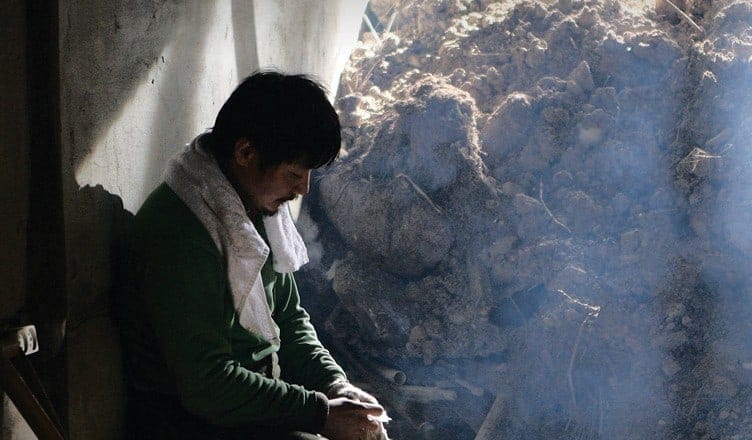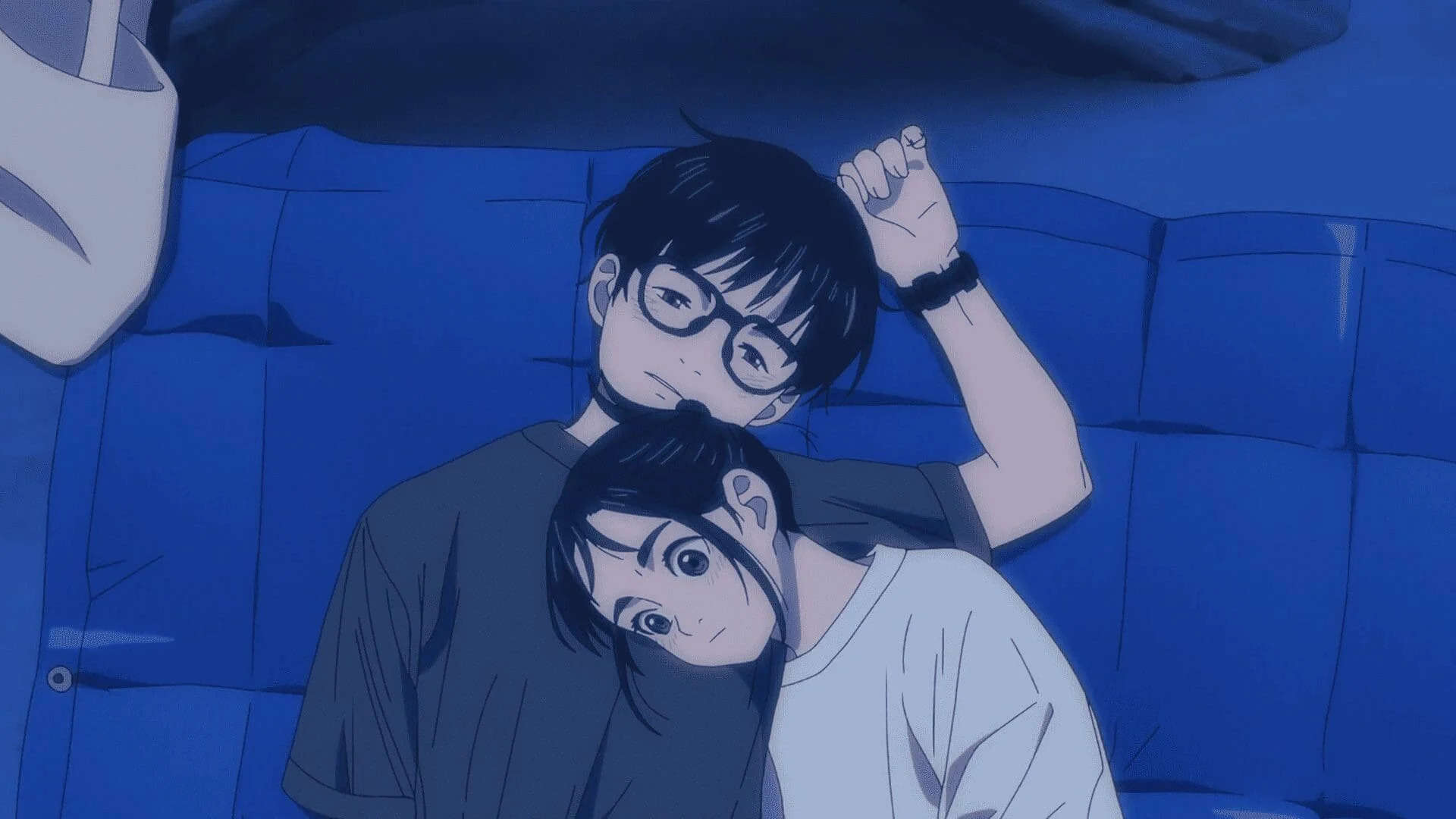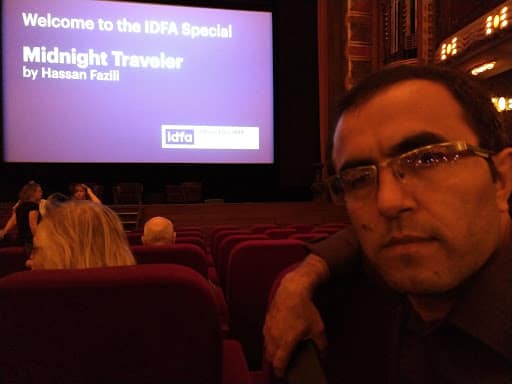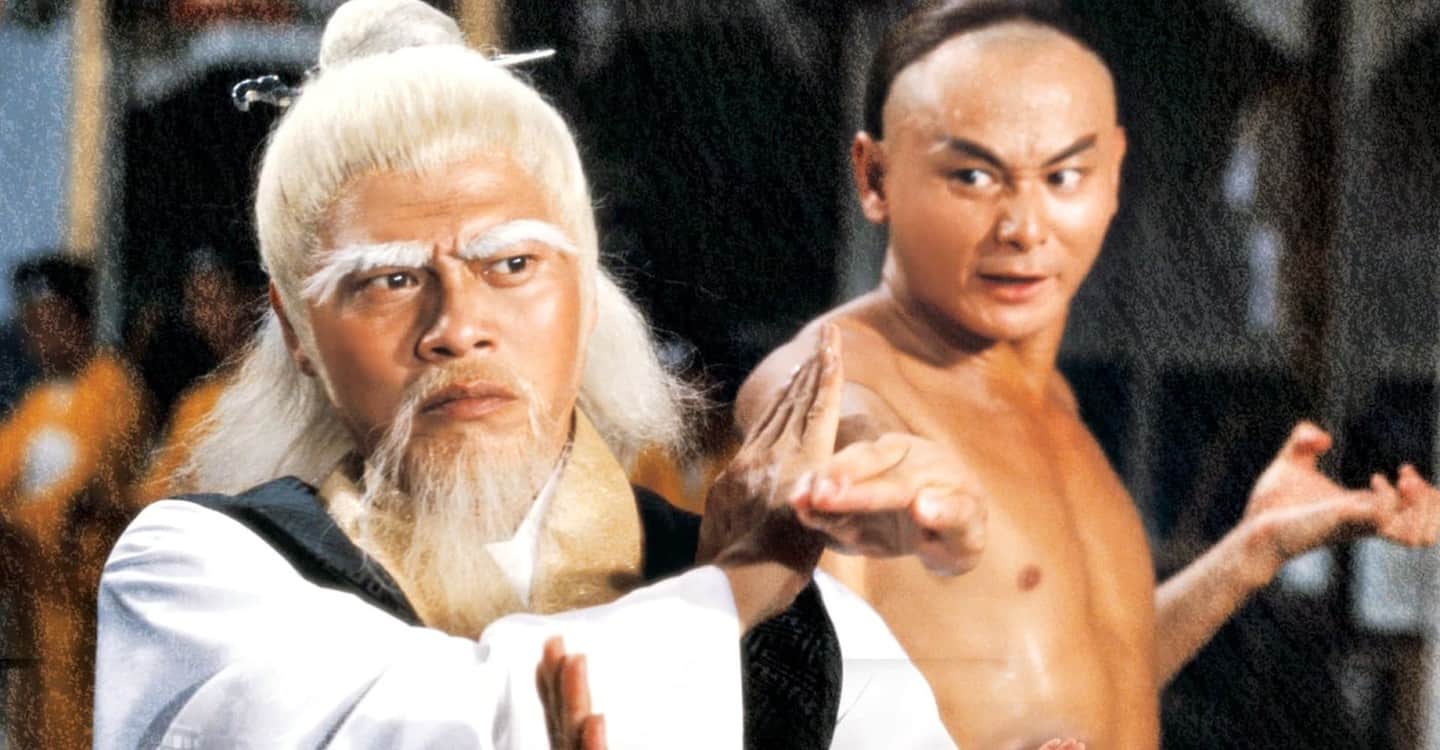In Greek mythology, Sisyphus toiled a daily non-existence by pushing the boulder up a hill only for it to roll down to the foundations each and every time. Camus likened this to his influential ideas on absurdism; that humanity exists with purpose, even though we chase hopes and dreams in the pursuit of value and happiness. Six decades on after Camus' work was published, his analysis of humanity still rings true, more than ever it seems, for those on all rungs of society's harsh ladder but especially for those at the bottom. Park Jung-bum's near flawless interpretation of those ideas burns beneath every soul-destroying frame of ‘Alive', his near three-hour endurance of one man's own boulder-pushing journey through Kangwon province – an unspectacular landscape littered with the daily toiling of South Korea's more marginalised folk.
Alive is screening at London Korean Film Festival

Making ends-meat through back-breaking labour, Jeong-chul (played by an unbelievably beaten down Park Jung-bum) has his eyes set on settling down with his girlfriend and visiting the warmer climes of The Philippines. He is afflicted however with the care of his mentally ill sister Su-Yeon (Lee Seung-yeon) and his piano-learning niece Ha-na (Shin Haet-bit) and, in a desperate attempt to keep her from losing her job and home, takes on work at a soy bean curd factory. After a former colleague under his charge runs off with his entire teams wages he manages to assign them work with him after the manager fires some of the older employees. As conflict begins to unravel, so too does Jeong-chul's efforts in forging any sense of a life within the confines of his situation as everything begins to crumble around him.

This is a harsh wilderness to step foot in and a safe return is not guaranteed. At every moment, we believe his fortunes are about to change, Jeong-chul is faced with one calamity after another, whether that is from his financially grieved co-workers or his own flesh and blood. Trying to survive when all efforts are sabotaged constantly, leaves him a broken man, faced with beatings and the jealous rages of those who are sacrificed for his own welfare. Park deals his subjects a justice that only an authoritative (or divine) figure could possibly deal and is unforgiving in the process. A cruelty worse than death itself, not one character is spared the choices of those around them – especially those in power, who are clearly not as morally righteous as they appear to be. Despite the torturously glacial pacing, there is simply no time to feel sympathy for anyone for this is the will of the land.
Park's brutal narrative unapologetically exposes Jeong-chul's tribulations for everyone inside and outside the film's universe to see. In his desperation after being knocked back one too many times, he orders his dim-witted subordinate Myung-hoon (Park Myung-hoon) to steal a radish from a convenience store and drunkenly crashing his girlfriend's work crying out “why can't I have anything?” before being subjected to yet another beating. With his sister's fragile mental health declining rapidly and threatening everything her brother is working towards, only one thing remains inherently clear: Jeong-chul is fighting a battle he cannot possibly win. This is not to say there are no touching moments throughout the film: after Su-yeon runs away again, Ha-na implores her uncle to erect street lighting where they live as she claims her mother is afraid of the dark. Jeong-chul reluctantly gives in and shares a beautiful bonding moment with his young niece.
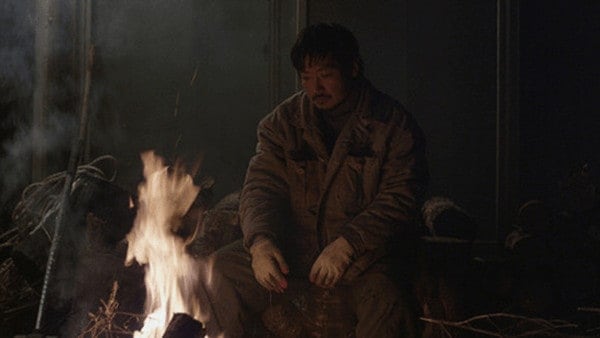
It is a demoralising and challenging watch but one has to ponder on how such a film was acted. Park manages to drag out the best from his cast given the circumstances and they deliver a wholly believable performance with Park and Lee's staggering yet tortured offerings towering above the rest. Their unflinching portrayal of Jeong-chul and Su-yeon defies sanity and is worn on their sleeves throughout. Shin's headstrong Ha-na deserves honourable mention after honourable mention: children in broken homes tend to be forgotten about once the credits roll yet the young actress delivers a powerful and heartfelt performance of a girl lost between doing the right thing and simply being a child. Sadly, in Ha-na's case, she cannot have both. She is just as beaten down as her uncle and whilst everything around them falls apart, their relationship only gets stronger.
Where ‘Alive' succeeds over many films which approach life in this way is in provoking a feeling of total numbness. We are gradually worn down to the bone just as Jeong-chul is, but though we do not bare the physical scars our experience is beaten down until there is nothing left. Instead of leaving us vulnerable, we simply end up a hollow shell bereft of any emotion, even in the film's final moments. Grounded in an unabashed realism the film forbids the pleasures of a soundtrack save for the uncomfortable karaoke rendition of Bob Dylan's ‘Blowin in the Wind'; we hear nothing but the disturbing ambience of Jeong-chul's surroundings amplified for our own detriment. The cold wasteland of Kangwon Province captured in all its unrelenting savagery by cinematographer Kim Jong-sun renders us isolated and clinging on for any shred of hope. Hope, however, is just a fantasy here.


